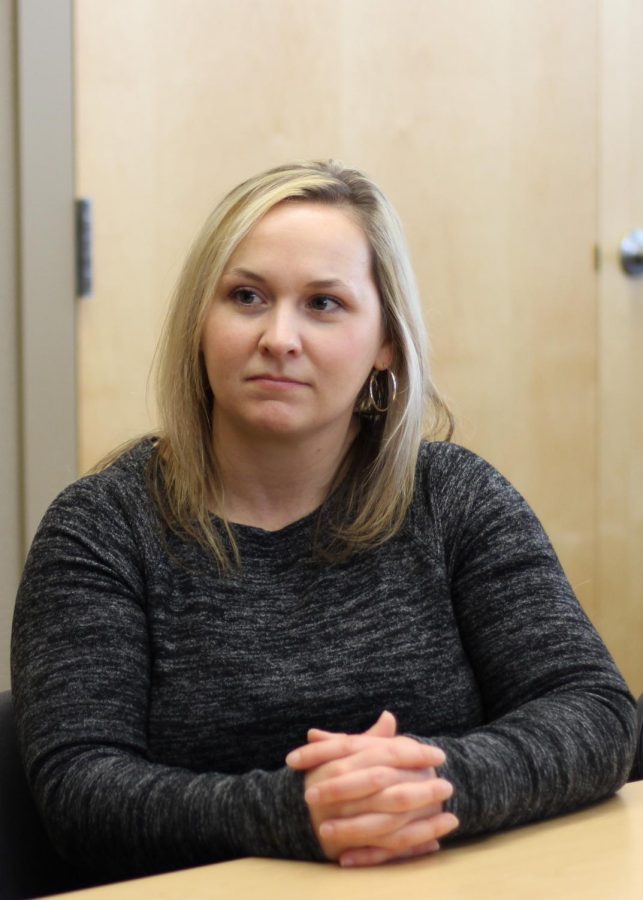Consent is an enthusiastic verbal yes
April 16, 2018
Lack of education, societal behavior add to frequency of sexual assault.
When individuals are engaging in some form of sexual activity, consent is an enthusiastic verbal yes, said Letitia Wilson, the executive director at the Center Against Rape and Domestic Violence.
“I would say that there is consent at every different stage of the relationship. There’s consent for kissing, there’s consent for touching, there’s consent for oral sex, there’s consent for other forms of sex,” Wilson said. “As stuff is progressing, there’s consent all along the way, and that just because one person gives consent one day doesn’t mean that they consent to sex the next day or the next year or the next month. Consent once doesn’t mean consent every time.”
Several factors can contribute to an individual’s ability or lack of ability to consent to sexual activities, including drugs and alcohol, Wilson said.
“Someone can’t consent when they’re intoxicated or under the influence of drugs or alcohol,” Wilson said. “I think that gets misconstrued all the time because people’s response is, ‘Did you see how the person was acting? They totally wanted it. They totally looked like they were into it.’”
Wilson said that it may be a challenge to understand why the use of intoxicants eliminates the full ability to consent to sexual activity, especially because alcohol and drugs are generally used as a social lubricant to assist individuals in talking and engaging with others.
“Like if you take a shot it’s going to take the ease off, which is totally fine, but when consent is involved, that’s now how you get people to consent, by giving them drugs and alcohol so that they don’t have all of their best decision-making skills at hand,” Wilson said.
Even if a person is able to walk and talk, it does not mean that they are not under the influence of an intoxicant, Wilson said. Some make the argument, asking how they are supposed to determine if someone is under the influence of drugs and alcohol or not.
“If you have to think about whether they’re too intoxicated to consent, then they’re probably too intoxicated to consent,” Wilson said. “Always air on the side of caution.”
Wilson said another common misconception regarding consent is the concept that any individual can change their mind and take back their consent for any sexual activities.
“Maybe there was a plan to have sex or hook up for the day, and then it comes down to the moment or the time to have sex or hook up, and then they decide that they don’t want to anymore and someone decides that they get to make a decision along the way that they want to remove their consent for whatever that activity is,” Wilson said. “Someone can do that at any moment. They can change their mind. They can take back their agreement to do whatever at any moment.”
A cause for misconceptions or misunderstandings about consent could be caused by the lack of knowledge individuals have on consent and healthy relationships, Wilson said. CARDV’s goal is to reach every student in the Linn-Benton area in order to educate them on these topics.
“OSU is not made up of students exclusively from this area, they’re coming from all over the place and so not every school has education, not every home life is talking about consent, so not every parent is talking to their teenager or every person who is getting ready to have sex about consent, which is more of the bigger problem,” Wilson said.
Additionally, many occurrences happen in today’s society that normalize having sex with someone when they’re not giving consent, Wilson said.
“There are so many options and angles that people can do to have their voices be heard to try and stand up against (non-consensual sexual activity), but I think the ultimate goal is people asking other people to adjust their behavior and to get consent before they do anything sexually,” Wilson said. “That’s the whole goal.”















































































































